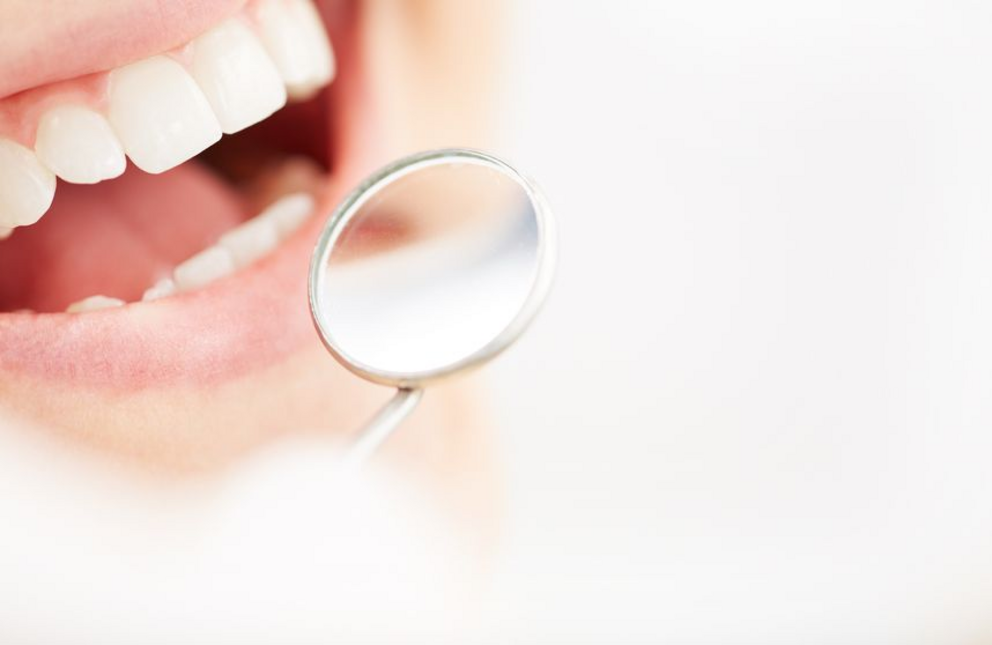Is hydrogen peroxide mouthwash harmful for teeth?
Written By:Eleni Roumeliotou
Regarded as a legendary healing compound, scientific evidence shows that hydrogen peroxide mouthwash and bleaching is actually harmful for teeth and may cause tissue irritation and teeth sensitivity and compromise long-term dental health
Hydrogen peroxide is praised for its antiseptic and healing properties. In fact, there is a new urban myth proclaiming that hydrogen peroxide is universally beneficial for all the body organs and tissues. Regarding dental health, this couldn't be further from the truth as evidence shows that hydrogen peroxide is actually toxic for the cells in the inner part of the teeth, also known as the dental pulp. Without a doubt, hydrogen peroxide does a really good job at bleaching and disinfecting teeth; hydrogen peroxide- based bleaching gels are essential for dentists and there is solid evidence demonstrating the efficacy of these protocols. On the other hand, there is a lot of uncontrolled information and advice, recommending hydrogen peroxide as an ideal everyday mouthwash. Taking into account that over-the-counter hydrogen peroxide concentrations can be as high as the formulas used by dentists in bleaching sessions (20-30%) and the growing popularity of hydrogen peroxide as an alternative therapy, the danger of potential long-term teeth damage by using high concentrations of hydrogen peroxide as a casual mouthwash are unknown, underestimated and largely under-discussed.
Hydrogen peroxide releases superoxide anions (powerful free radicals), which are responsible for its significant bleaching and antiseptic properties. However, its beneficial properties stop right here because research shows that it can penetrate the tooth enamel and dentin and reach the very inner tooth chamber called dental pulp. Hydrogen peroxide has low molecular weight and the ability to destroy proteins, which facilitate diffusion through enamel and dentin. The dental pulp is where the blood vessels and nerves of each tooth reside, which makes this area particularly sensitive. A unique class of cells, called odontoblasts also reside in the periphery of the dental pulp area, which support the teeth by depositing new dentin layers throughout life and are also believed to play a protective/reparative role in response to dental carries or other environmental factors that harm teeth. The problem with hydrogen peroxide is that it has a cytotoxic effect on the dental pulp cells, which means that it literally kills them. A study published in 2013 in the Journal of Endodontics shows that even low concentrations of hydrogen peroxide trigger molecular mechanisms in pulp cells, which activate programmed cell death.
According to another study published in the same journal in 2013, even the bleaching protocols used by dentists seem to be harmful for the dental pulp, since the damage in that area is directly correlated to the number of bleaching sessions. Odontoblasts, are directly damaged or show a significant decrease in their metabolic activity as a result of the bleaching sessions using 35% hydrogen peroxide gel. It is believed that this effect may result in tissue irritation and tooth sensitivity. A study published in the journal Scientific World Journal in 2013 shows that the higher the concentration of hydrogen peroxide, the faster it reaches the inner tooth tissues. The authors tested 35% and 20% concentrations of hydrogen peroxide and report that the 35% hydrogen peroxide diffused faster into the pulp chamber than the 20% hydrogen peroxide bleaching gel.
It is speculated that lower concentrations of hydrogen peroxide may have significantly less toxic effects on dental pulp cells, because there is more time to dilute and degrade the peroxide that reaches the pulp. However, the long-term or even short-term effects of daily use of hydrogen peroxide as a mouthwash have never been evaluated. If a few bleaching sessions can cause detectable damage in the dental pulp, then, based on the existing evidence, it is reasonable to assume that using hydrogen peroxide mouthwash on a daily basis may not be the safest option at all.
© January 5th 2014 GreenMedInfo LLC. This work is reproduced and distributed with the permission of GreenMedInfo LLC. Want to learn more from GreenMedInfo? Sign up for the newsletter here //www.greenmedinfo.com/greenmed/newsletter.
For full references please use source link below.

